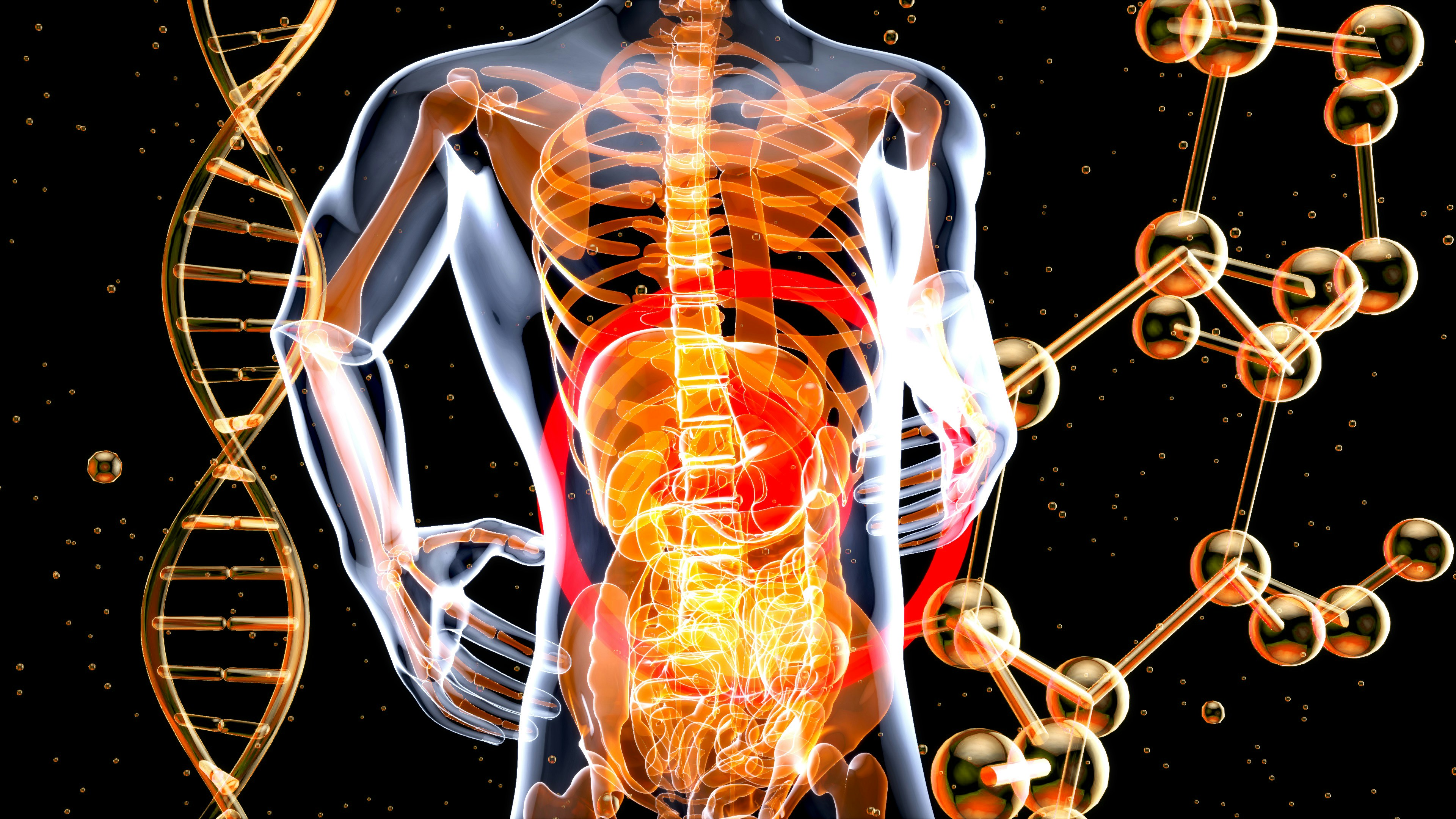Functional Testing for a Personalized Hormone Reset: A Comprehensive Guide
Functional Testing: The Key to a Personalized Hormone Reset - Functional testing provides a detailed, personalized look at your hormone levels and how they’re affecting your body. Here are the key tests to consider:
Recognizing Hormone Imbalance: Symptoms You Might Be Overlooking
Hormone imbalances can manifest in a variety of ways, and many people don’t realize their symptoms are hormone-related. Here are some common signs to watch for:
1. Fatigue and Low Energy
Feeling tired even after a full night’s sleep
Struggling to get through the day without caffeine or sugar
2. Mood Swings and Irritability
Unexplained anxiety, depression, or mood swings
Feeling overwhelmed or emotionally unstable
3. Weight Gain and Metabolism Issues
Stubborn weight gain, especially around the abdomen
Difficulty losing weight despite diet and exercise
4. Sleep Problems
Insomnia or trouble staying asleep
Waking up feeling unrested
5. Skin and Hair Changes
Acne, dry skin, or other skin issues
Hair loss or thinning
If these symptoms sound familiar, it’s time to take a closer look at your hormones. Ignoring these signs can lead to more severe health issues down the road.
Causes and Contributing Factors of Hormone Imbalances
Hormone imbalances don’t happen in isolation. They’re often the result of a combination of factors, including:
1. Chronic Stress
High levels of stress can disrupt cortisol production, which in turn affects other hormones like estrogen, progesterone, and thyroid hormones.
2. Poor Diet
A diet high in processed foods, sugar, and unhealthy fats can interfere with hormone production and regulation.
3. Environmental Toxins
Exposure to endocrine-disrupting chemicals in plastics, cosmetics, and household products can mimic hormones and throw off your natural balance.
4. Sleep Deprivation
Lack of sleep disrupts the production of key hormones like melatonin and cortisol, leading to imbalances.
5. Underlying Health Conditions
Conditions like PCOS, thyroid disorders, or insulin resistance can contribute to hormone imbalances.
6. Aging and Life Transitions
Menopause, andropause (male menopause), and other age-related changes can significantly impact hormone levels.
The Impact of Ignoring Hormone Imbalances
Dismissing hormone-related symptoms can have serious consequences for your health and quality of life. Here’s what could happen if you don’t address your hormone imbalances:
1. Increased Risk of Chronic Diseases
Hormone imbalances are linked to a higher risk of heart disease, diabetes, and osteoporosis.
2. Mental Health Issues
Imbalances in hormones like cortisol, estrogen, and thyroid hormones can contribute to anxiety, depression, and mood disorders.
3. Weight Gain and Metabolic Dysfunction
Hormone imbalances can make it nearly impossible to lose weight and increase the risk of metabolic syndrome.
4. Reduced Quality of Life
Fatigue, mood swings, and sleep problems can affect your relationships, work performance, and overall happiness.
Lifestyle Tips for Hormone Balance
While functional testing provides valuable insights, lifestyle changes are essential for long-term hormone balance. Here are some practical tips:
Tip 1: Manage Stress and Improve Sleep Hygiene
Practice mindfulness techniques like meditation, deep breathing, or yoga.
Create a calming bedtime routine and prioritize 7-9 hours of quality sleep each night.
Tip 2: Get Assessed by Kelly Fletcher to Address the Root Cause
Functional medicine expert Kelly Fletcher specializes in identifying and addressing the root causes of hormone imbalances. Through personalized assessments, she can help you uncover underlying issues and create a tailored plan for hormone reset.
Book a free consultation with Kelly Fletcher to take the first step toward balanced hormones and better health.
Tip 3: Optimize Your Diet for Hormone Health
Focus on whole, nutrient-dense foods like vegetables, lean proteins, healthy fats, and fiber.
Avoid processed foods, sugar, and excessive caffeine.
Work with Kelly Fletcher to create a personalized meal plan that supports hormone balance.
Tip 4: Incorporate Regular Exercise
Engage in strength training and low-impact workouts to support hormone health.
Avoid overtraining, which can increase cortisol levels and disrupt hormone balance.
Supplements for Hormone Support
In addition to lifestyle changes, certain supplements can provide targeted support for hormone balance:
Magnesium: Helps relax muscles and support adrenal health.
Omega-3 Fatty Acids: Reduce inflammation and support hormone production.
Adaptogenic Herbs (Ashwagandha, Rhodiola): Help the body adapt to stress and balance cortisol levels.
Vitamin D: Supports thyroid function and overall hormone health.
Probiotics: Promote gut health, which is closely linked to hormone regulation.
Always consult with a healthcare professional, like Kelly Fletcher, before starting any new supplements.
Conclusion
Hormone imbalances don’t have to control your life. By recognizing the symptoms, understanding the causes, and leveraging functional testing, you can uncover the root cause of your imbalances and take targeted action to restore balance.
Don’t wait until hormone-related symptoms take a toll on your health. Book a free strategy call with Kelly Fletcher today to uncover the root cause of your hormone imbalances and create a personalized plan for better health and vitality.
Your journey to balanced hormones and optimal health starts now—take the first step today!
Articles
Discover our other articles
Explore our articles to know the best behavior about alimentation and well-being.





















